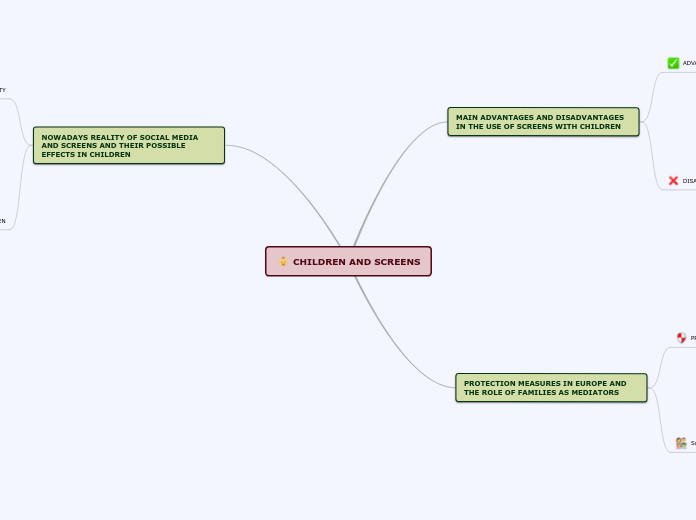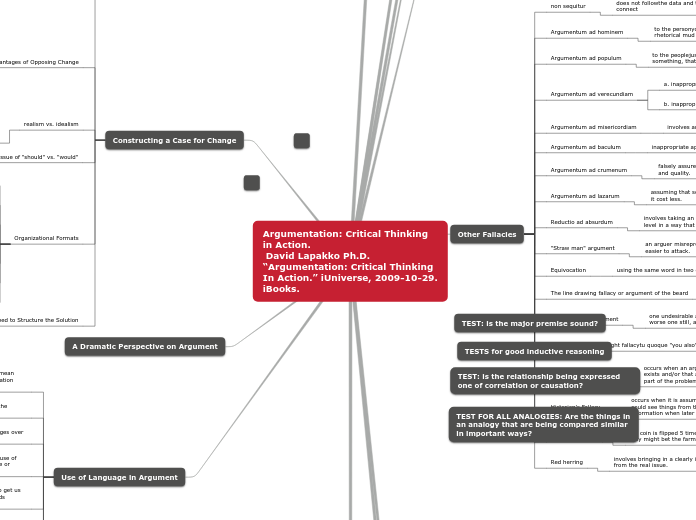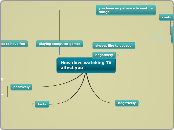av Marta del Olmo för 5 årar sedan
221
CHILDREN AND SCREENS
A significant number of teenagers and younger children are increasingly immersed in the digital world, with a large percentage owning smartphones and describing themselves as constantly connected.









